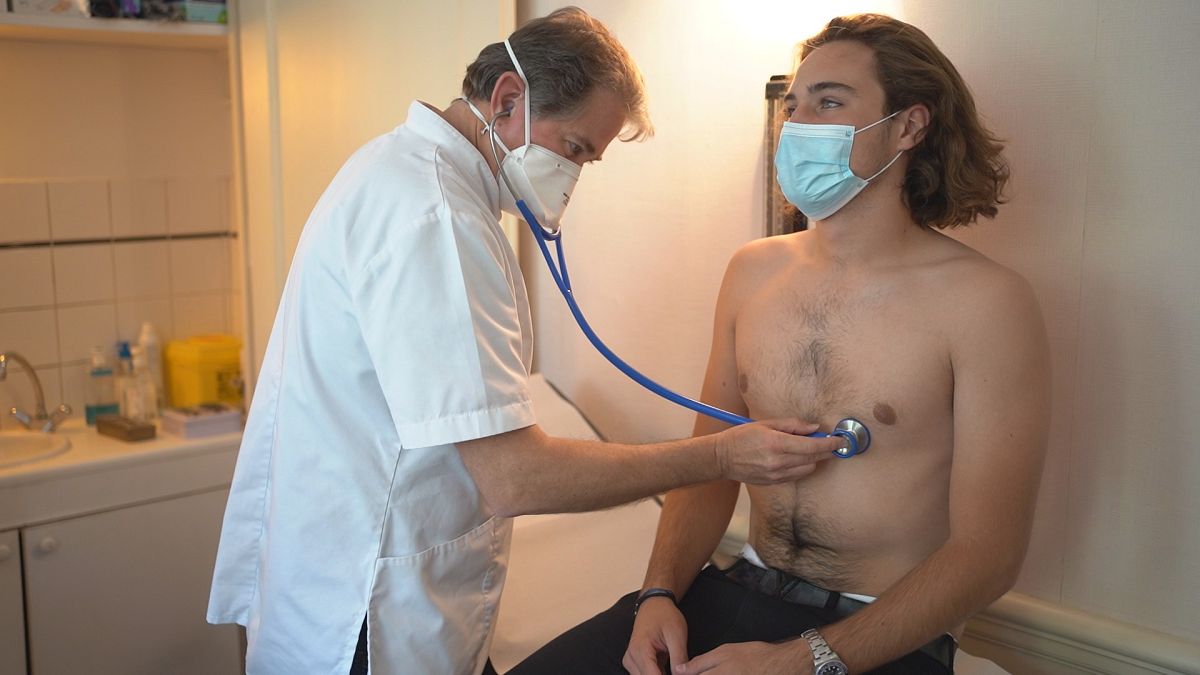Smart Regions takes a look at one EU project that's strengthening the epidemiological and virological surveillance of COVID-19 by harnessing patient data from 11 European countries.
Strengthening the epidemiological and virological surveillance of COVID-19 will be key to defeating the disease. In this episode, Smart Regions takes a look at one European project seeking to do just that.
Europe is pushing hard to improve scientific coordination in the fight against the coronavirus.
One project seeking to achieve that is I-Move-Covid-19. In addition to bringing together case data from hospitals and other primary care clinics, the project will also study the effectiveness of any future vaccines or treatments for the virus.
The goal is to obtain as much information as possible about COVID-19, and to make sure the same methodology is practised among the partners and participating countries.
The first step takes place in clinics or doctors surgeries where a case might be diagnosed.
The I-Move-Covid-19 project is backed by €2.8 million euros of European research and innovation funds, in synergy with the EU Cohesion Policy.
It involves 22 partners, mostly public institutions from a dozen European countries, including France and Spain.
Testing from all of the countries involved in the project is coordinated in Madrid. There, virologists, at the Carlos III Institute, are sequencing the genome of the collected coronavirus samples. So far, they say they have found three types of SARS-CoV 2, with very small variations.
"In the very short term we're going to know if there are new subgroups of the virus, what their distribution is in the countries that are participating in 'I-move' and then we’ll be ready for when the vaccine and the antivirals come, to see if each of these groups respond equally to the vaccines and antivirals,” says virologist, Francisco Pozo.
The project is also conducting a study to investigate what factors might contribute to hospital staff becoming infected with the virus or why a person might develop more severe forms of the disease.
Experts believe it could take about another 12 months to have a fully working vaccine but one of the main reasons for sharing information between countries is to improve efficiency in order to bring an end to the pandemic as soon as possible.
"The pharmaceutical industry does not take part in the evaluation of a vaccine. We are a multidisciplinary team. We’ve got: virologists, epidemiologists, clinical biostatisticians...so it is a multidisciplinary, multi-country study that we hope will give important results at European level,” says Marta Valenciano, Coordinator of the I-Move-Covid-19 Project.

